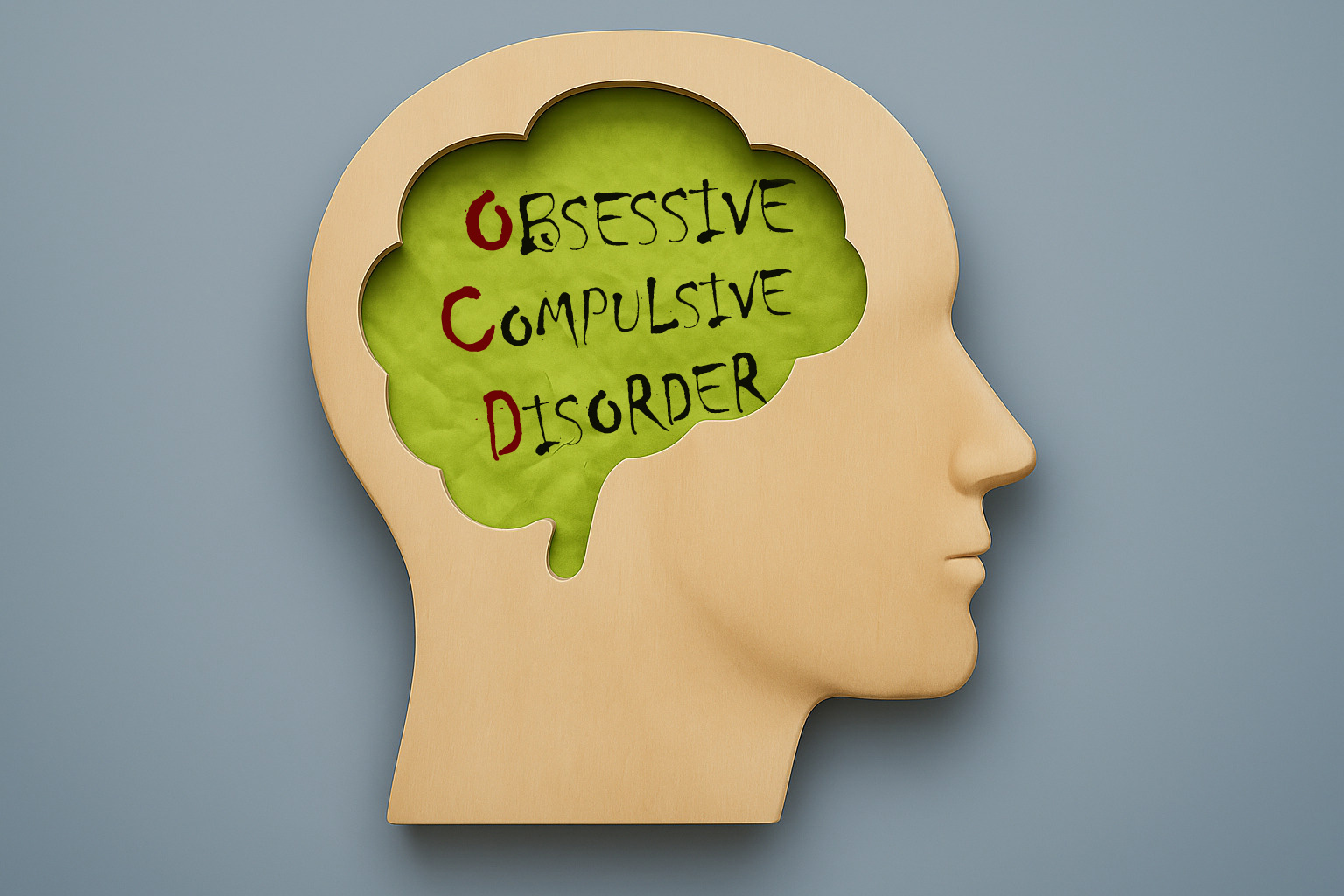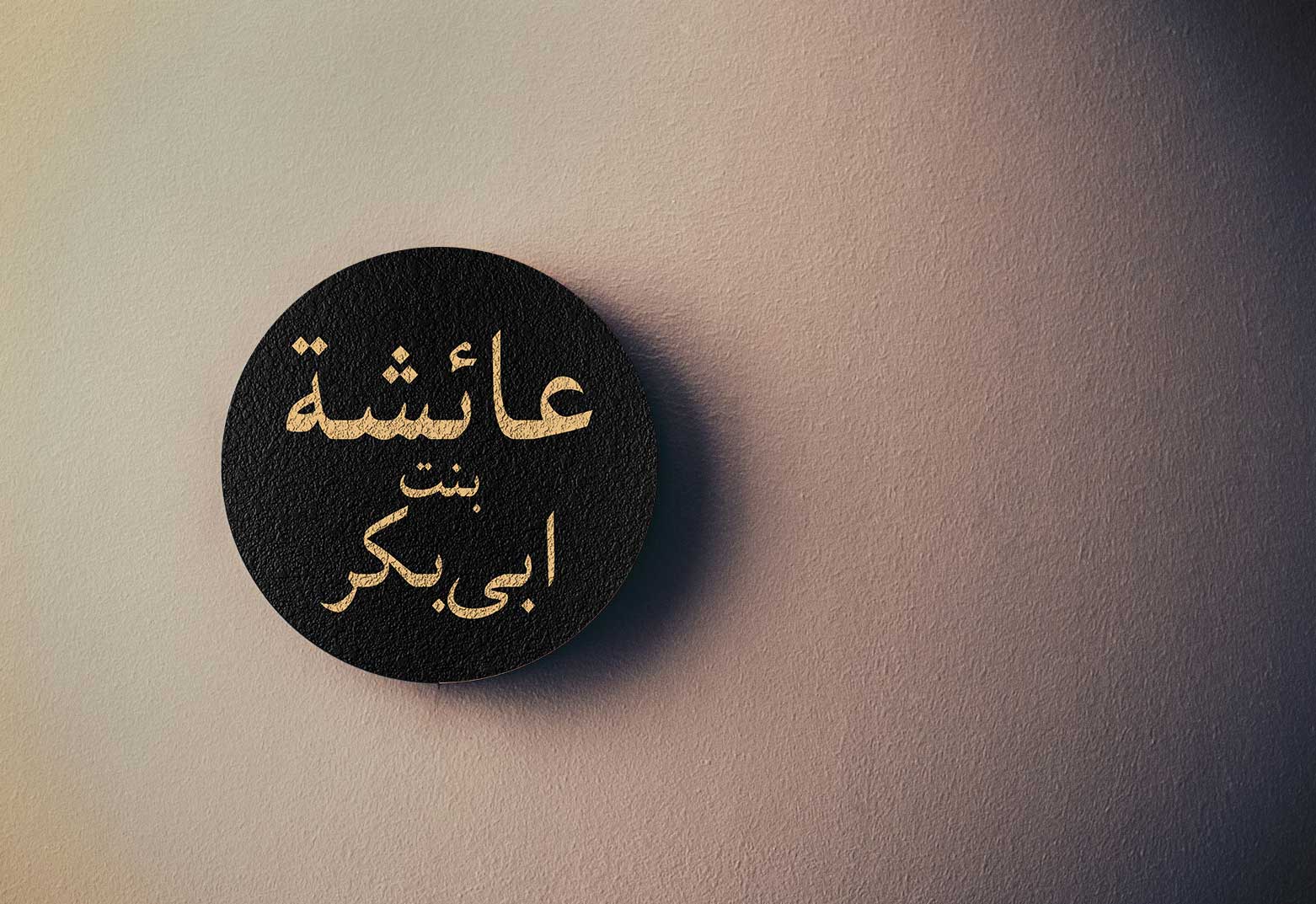It has become commonplace to insult and disrespect the religious figures of different faiths. Despite repeated instances of such actions disrupting peace in society, they are often justified in the name of freedom of speech.
AUGUST 8, 2020
The divine guidance, which commenced with the arrival of Prophet Adamas and was carried forward through the Messengers of God (peace and blessings be upon them all), reached its pinnacle with the advent of the Holy Prophet Muhammadsa. Similarly, the spiritual teachings, introduced and established by the efforts of one hundred twenty-four thousand prophets, found perfection in the following proclamation of the Holy Quran.
“This day have I perfected your religion for you and completed My favour upon you and have chosen for you Islam as religion.”[1]
The Holy Quran instructs Muslims to honour and respect the spiritual teachings brought by the prophets of God and mandates belief in them. Allah’s guidance in this regard is as follows:
“This Messenger of Ours believes in that which has been revealed to him from his Lord, and so do the believers: all of them believe in Allah, and in His angels, and in His Books, and in His Messengers, saying, ‘We make no distinction between any of His Messengers’.”[2]
Therefore, it is imperative to embrace this profound principle from the Holy Quran, which serves as the sole guarantor of global peace and harmony. Regrettably, some people believe that only the seers, saints, and messengers of their own religion are divinely appointed, leading them not only to deny the truthfulness of other prophets but also to regard them as liars and agents of falsehood.
In contemporary times, it has unfortunately become commonplace to insult and disrespect the founders and leaders of various religions. Derogatory comments are sometimes directed towards revered figures of the Hindu religion, while at other times, Prophet Jesusas is subjected to abuse or esteemed Sikh Gurus are depicted sacrilegiously. But most of all, the Holy personage of Prophet Muhammadsa is frequently maligned, sometimes through abusive cartoons and at other times through blasphemous writings aimed at denigrating him.
Despite numerous instances demonstrating that such actions seriously disrupt the peaceful fabric of society, they are often defended and justified in the name of freedom of speech.
Islam not only prohibits Muslims from insulting the revered figures of different religions but also affirms their integrity and obliges its followers to acknowledge their truthfulness. The Quran makes the unambiguous declaration that no nation or people were favoured as the exclusive recipients of Divine guidance. This is clearly stated in the Holy Quran, which says:
“There is no people to whom a Warner has not been sent.”[3]
If people worldwide were to embrace this teaching of the Quran that God has sent His messengers to every nation, it would make it impossible for anyone, regardless of their faith, to disrespect the prophets and revered figures of other religions.
Regrettably, some Muslims today hold the view that they can only believe in those prophets whose names have been mentioned in the Holy Quran and not in others. However, the Holy Quran explicitly proclaims:
“And We did send Messengers before thee; of them are some whom We have mentioned to thee, and of them there are some whom We have not mentioned to thee.”[4]
Further elaborating on this teaching, the Founder of the Ahmadiyya Muslim Community, the Promised Messiah Hazrat Mirza Ghulam Ahmadas, states:
“The principle that lays down the foundation of love, peace and harmony, and supports the moral values, is that we consider all those prophets true who appeared in the world – whether in India, or Persia or China or any other country. God instilled their respect and grandeur in the hearts of millions and made firm the roots of their religion, which remained established for centuries. This is the principle that the Quran teaches us. In the light of this principle, we honour all religious founders who fall under this description whether they are the founders of the religion of the Hindus, or the religion of the Persians, or the religion of the Chinese, or the religion of the Jews or the religion of the Christians.”[5]
Just a few days prior to his passing in May 1908, the Promised Messiahas penned a lecture titled A Message of Peace with the aim of promoting respect and reverence for religious founders and fostering peace in India. Following his demise, this lecture was read before a large gathering at Punjab University, Lahore, on 21 June 1908. The lecture was later published as a book and translated into numerous world languages. In this groundbreaking book, the Promised Messiahas expresses:
“O Dear Ones! Age-old experience and repeated trials have established, without question, that to insult and abuse the Prophets and Messengers of different countries and peoples is such a deadly poison which not only destroys the body but also kills the soul, thereby ruining the worldly prospects as well as the spiritual. A country whose inhabitants are always after finding faults in the leaders of others, and constantly assassinate their characters, can never rest in peace themselves. Such people can never achieve true unity who, individually or mutually, refer to each other’s Prophets or saints or divines with malice or foul language. Who would not be outraged at the insults hurled at their Prophet or leader?”[6]
He further states:
“The ultimate sincerity of heart, worthy of being called sincerity, can only be achieved if you genuinely change your attitude towards the Vedas and the Vedic Rishis by accepting them to be from God. Likewise, the Hindus should also change their niggardly attitude by testifying to the truth of our beloved Holy Prophet (may peace and blessings of Allah be upon him). Remember, and remember it well, that this is the only principle which can establish a genuine truce between you and the Hindus and this is the only water which can wash away all malice embittering your relationship.”[7]
When the intellectuals of that era listened to this magnificent lecture, they found themselves compelled to acclaim and praise the message. Several newspapers of the time also published their remarks regarding the lecture.
The Hindu Patriot wrote:
“The magnificent strength and the highest level of sympathy demonstrated by the saintly person of Qadian in his last message of peace, indeed proves him to be a great man in a distinguished manner… This kind of appeal from a great person like him should not be wasted. And every Indian patriot should try to make it a point to practice the proposed peace.”[8]
The Frontier Mail published the following statement of Mr Brahamdutt of Dehradun on 22 December 1948:
“Forty years ago, that is, at the time when Mahatma Gandhi did not appear on the political horizon of India, Mirza Ghulam Ahmad had proclaimed to be the Promised Messiah in 1891 and presented his suggestions in the form of a book “Paigham-e-Sulah” (A Message of Peace), and by practicing them, unity, amity, love and understanding may develop between various communities. He had a keen desire to create the spirit of tolerance, brotherhood and love between people. Undoubtedly, his personality is praiseworthy and deserves commendation as he could visualise through the intense curtain of the distant future and guided the people towards the right path.”[9]
The Promised Messiahas also emphasised that leaders of each religion should endeavour to showcase the positive qualities of their faiths in their writings and lectures rather than seeking out flaws and vices in other religions. To put this into practice, Hazrat Mirza Bashiruddin Mahmood Ahmadra, the Second Caliph of the Ahmadiyya Muslim Community, initiated the All Religions Conference in 1928. Since then, the Community has been organising such conferences annually in different parts of the world to pay respect and honour to the founders of different religions.
During these gatherings, leaders and scholars from diverse religions come together to share the virtuous principles and moral teachings of their respective faiths, highlighting the pure lives and exemplary personalities of their founders. It resembles a bouquet, where flowers of various hues and colours are arranged on a single stage.
Today, the Fifth Caliph and the current Worldwide Head of the Community, Hazrat Mirza Masroor Ahmadaba, is disseminating these invaluable teachings of the Quran on profound platforms in Europe and America. The profound thoughts of His Holiness are eloquently articulated in his book, World Crisis and the Pathway to Peace. It is imperative that this book is not only read but also put into practice to establish peace worldwide.
May God grant us the understanding and wisdom to respect and honour the religious founders of one another, leading to the transformation of our nation and the world into a cradle of peace and harmony. In doing so, we can attain true happiness and prosperity for all.
END NOTES
[1] Holy Quran 5:4
[2] Holy Quran 2:286
[3] Holy Quran 35:25
[4] Holy Quran 40:79
[5] A Gift for the Queen p.7
[6] A Message of Peace, p. 22
[7] Ibid p. 29
[8] History of Ahmadiyyat v. 2, p. 536
[9] Ibid













1 Comment
Shaikh fatehuddin · August 8, 2020 at 9:46 am
Masha Allah excellent article Alhamdulillah